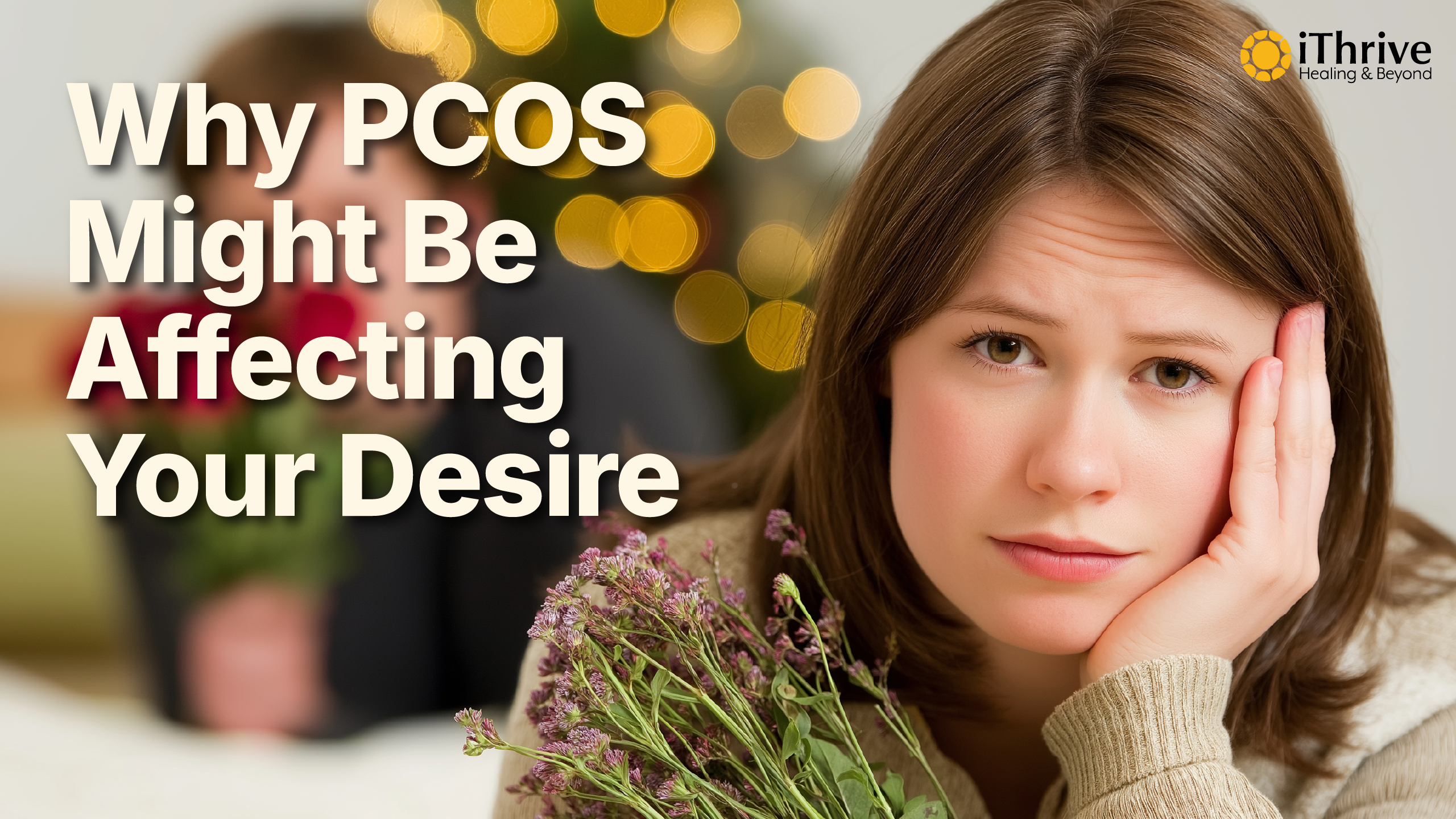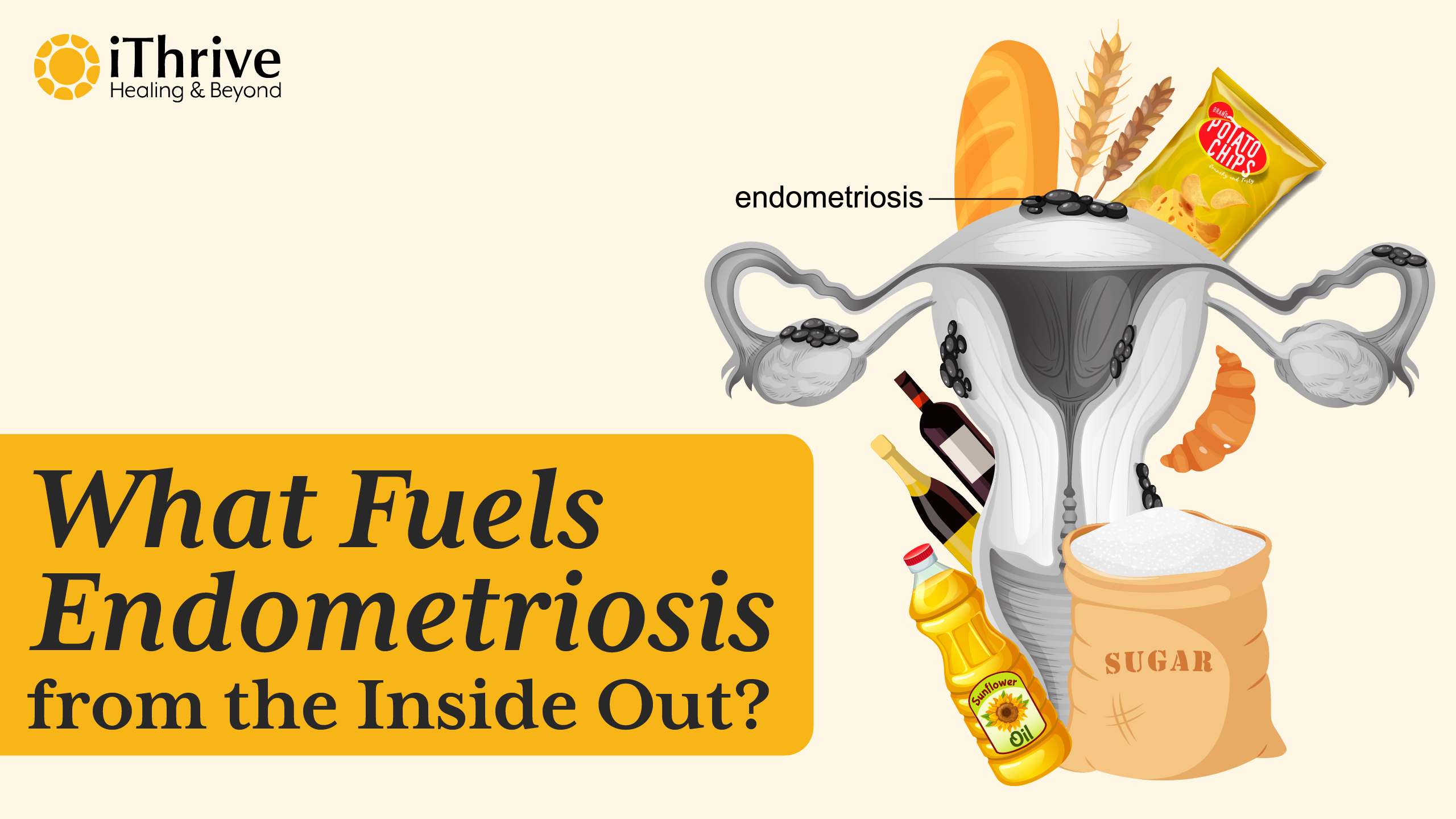Every women’s reproductive journey begins with menarche, that is her first period, usually at the age of 12 to 15 years. This is probably the start of a monthly cycle where her body prepares for pregnancy. Every month the ovaries release the egg which further leads to menstruation if the egg isn’t fertilised.
As a woman moves through her 20s and 30s this cycle continues which plays a very important role in her health and fertility, and is a testament to her unique and special nature. But as she reaches her late 40s to early 50s the special journey begins to wind down. The menstrual cycle becomes irregular during perimenopause and then culminates in menopause where ovaries stop producing eggs completely.
This journey from menarche to menopause gives insight into the adaptability of women’s bodies. It sheds light on her special place of creation and celebrates the extraordinary gift of womanhood.

Menopause is defined as the phase in a women's life that marks the end of her menstrual cycle. This is a natural biological phenomenon where ovaries gradually decrease their production of reproductive hormones estrogen and progesterone.
Menopause and Hormones: The complex interplay

Basically during menopause, estrogen and progesterone are the two hormones that are majorly affected. Let’s understand it better:
Estrogen:
- Estrogen is the hormone that plays an important role in regulating the menstrual cycle and maintaining reproductive health. Estrogen also has a connection with bone density, heart health, skin, hair, and vaginal health too.
- Estrogen plays a vital role in maintaining bone density. During menopause, the estrogen levels in women’s drop down and the bones start getting weaker, sometimes leading to osteoporosis.
- Estrogen levels also contribute to the moisture and elasticity of the skin. When the estrogen levels drop down the skin starts becoming dry and hair starts thinning.
- The decrease in estrogen levels can also affect the body’s ability to regulate temperature. As the estrogen levels are low at this time the brain recognises a small change in body temperature as a big change. Our blood vessels dilate to release some of that heat which causes hot flashes.
- Aside from hot flashes, night sweats are the symptoms of menopause. Women might notice that their hair becomes thinner and they gain weight around the abdominal region, this is due to hormonal changes.
Progesterone
- Progesterone is also a key hormone that is involved in the menstrual cycle. Progesterone helps in preparing the uterine lining for pregnancy and creates a supportive environment for fertilised eggs to implant and grow. As the levels of progesterone decrease it leads to irregular periods and eventually cessation of menstruation.
- Progesterone plays a vital role in pregnancy and supports the developing fetus. But as the woman approaches menopause, the reduced levels of progesterone mark the end of her fertility and reproductive phase of her life.
- Low levels of progesterone also impact on the mood and sleep. It can lead to mood swings, increased anxiety, and disturbances in sleep. You might find yourself more frequently asking “Why did I walk into this room?”.
Key Facts about Menopause
Menopause is a natural phase and it brings significant hormonal changes. The symptoms associated with menopause such as mood swings, sleep disturbances, hot flashes and weight gain are natural parts of this transition.
However many woman take hormonal pills and hormone replacement therapies to reduce symptoms. These treatments may provide temporary relief, but they can impact on the body's natural processes and may lead to adverse effects.
Risks of Hormone Replacement Therapy
The risks of HRT for menopause may vary from person to person depending on her age and the time between menopause onset and starting HRT. The potential risks of HRT include coronary artery disease, blood clots, stroke, Alzheimer’s disease, and certain cancers.
iThrive always recommends to follow natural remedies like balanced diet, pure and potent supplementation, physical exercise, and meditation to overcome symptoms.
Effective strategies to manage Menopause
Balanced Diet
- Having a balanced diet is very important for managing symptoms, supporting hormonal balance, maintaining energy levels, and protecting long-term health.
- Woman in this phase should try to increase their protein intake, as they age the muscle mass naturally starts decreasing so including protein in the diet can help preserve muscle mass and support the repair of the tissues.
- The good sources of protein are lean meats, fish, eggs,, and quinoa.
- These people should also start incorporating healthy fats in their diets. Omega-3 fatty acids help reduce inflammation, support health, and improve mood. Some of the good sources of healthy fats include fatty fish, flaxseeds, chia seeds, walnuts, avocados, and olive oils.
- These woman should also focus on fibre-rich foods which can help in digestion, control blood sugar levels, and reduce the risk of heart diseases post menopause.
Supplementation
- During menopause, the need for certain vitamins and minerals increases to address specific symptoms and prevent long-term complications. Supplementing with essential vitamins and minerals can help them achieve the optimum levels required by the body.
- The bone density starts decreasing and raises the risks of osteoporosis. Therefore, calcium and vitamin D3 + k2 are essential for bone strength.
- The second essential mineral is magnesium which supports muscle function, enhances sleep quality, and reduces the frequency of hot flashes. Woman experiencing this phase can have iThrive Essentials Magnesium Bisglycinate powder.
- Some women experience weakness or low energy levels during menopause, this indicates the need for B vitamins that help in maintaining brain function, energy metabolism, and reducing the risk of depression during menopause.
Regular exercise
- Yoga can help reduce stress and improve body flexibility. Women experiencing low energy can feel energetic after practicing yoga.
- Walking daily at least for 30 mins can help improve heart health and reduce the frequency of hot flashes.
- Strength training also helps as it helps in maintaining the muscle mass.
Hydration
- Women should aim for at least 8 glasses of water along with electrolytes a day to help manage symptoms like dryness and support overall bodily functions.
- These women can also include herbal teas like mint, ginger, hibiscus tea and chamomile to soothe the mind and support digestive health.
Stress Management
- Practices like meditation, mindfulness, and deep breathing can help reduce stress levels and improve emotional well-being.
- These women can practice various meditation therapies and sound therapies that provide calming effects.
If one still feels uncertain and believes something is off with health during this transition of menopause don’t hesitate to book a free consultation with iThrive.
Subscribe to our newsletter and receive a selection of cool articles every week




.png)


.webp)

.jpg)





